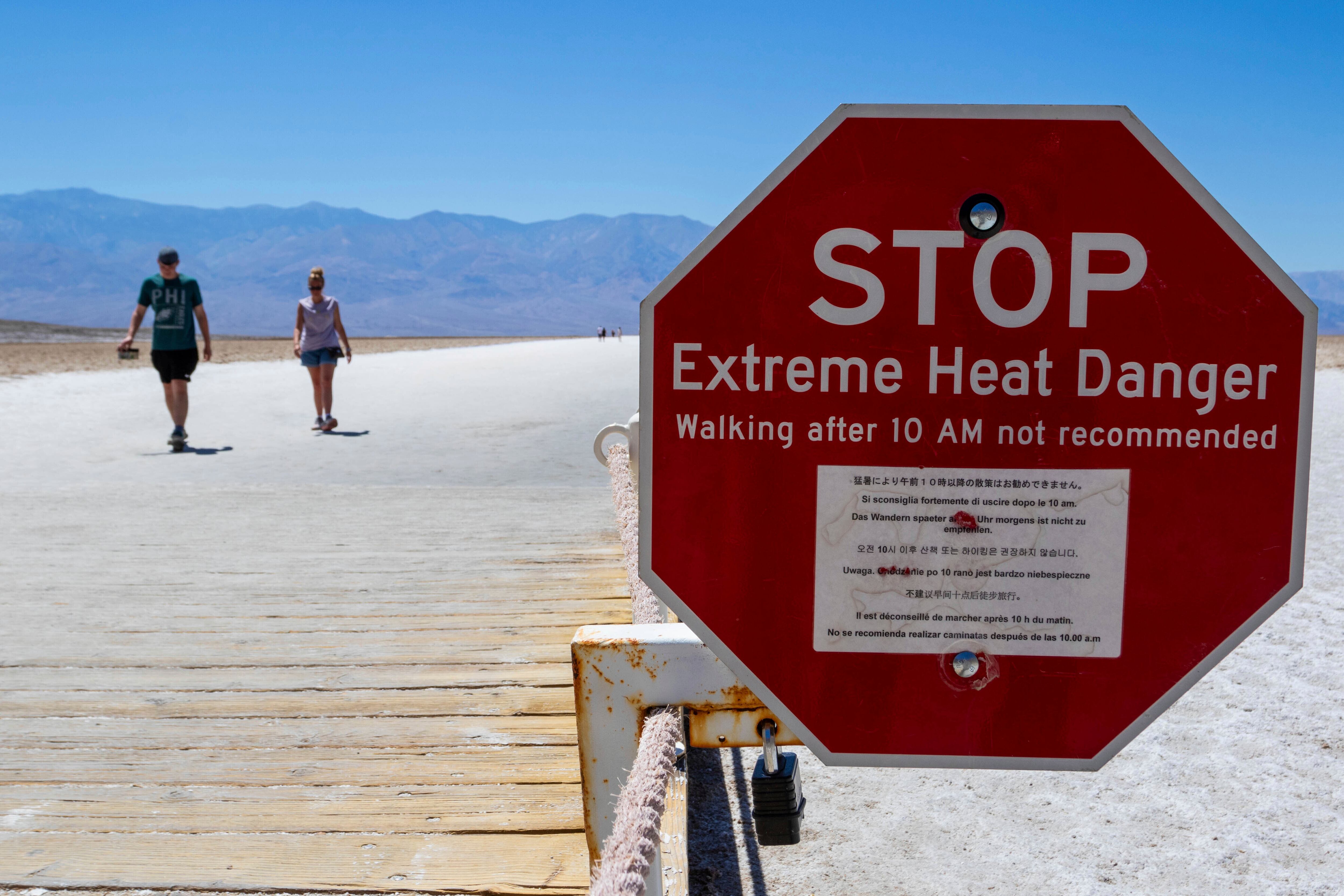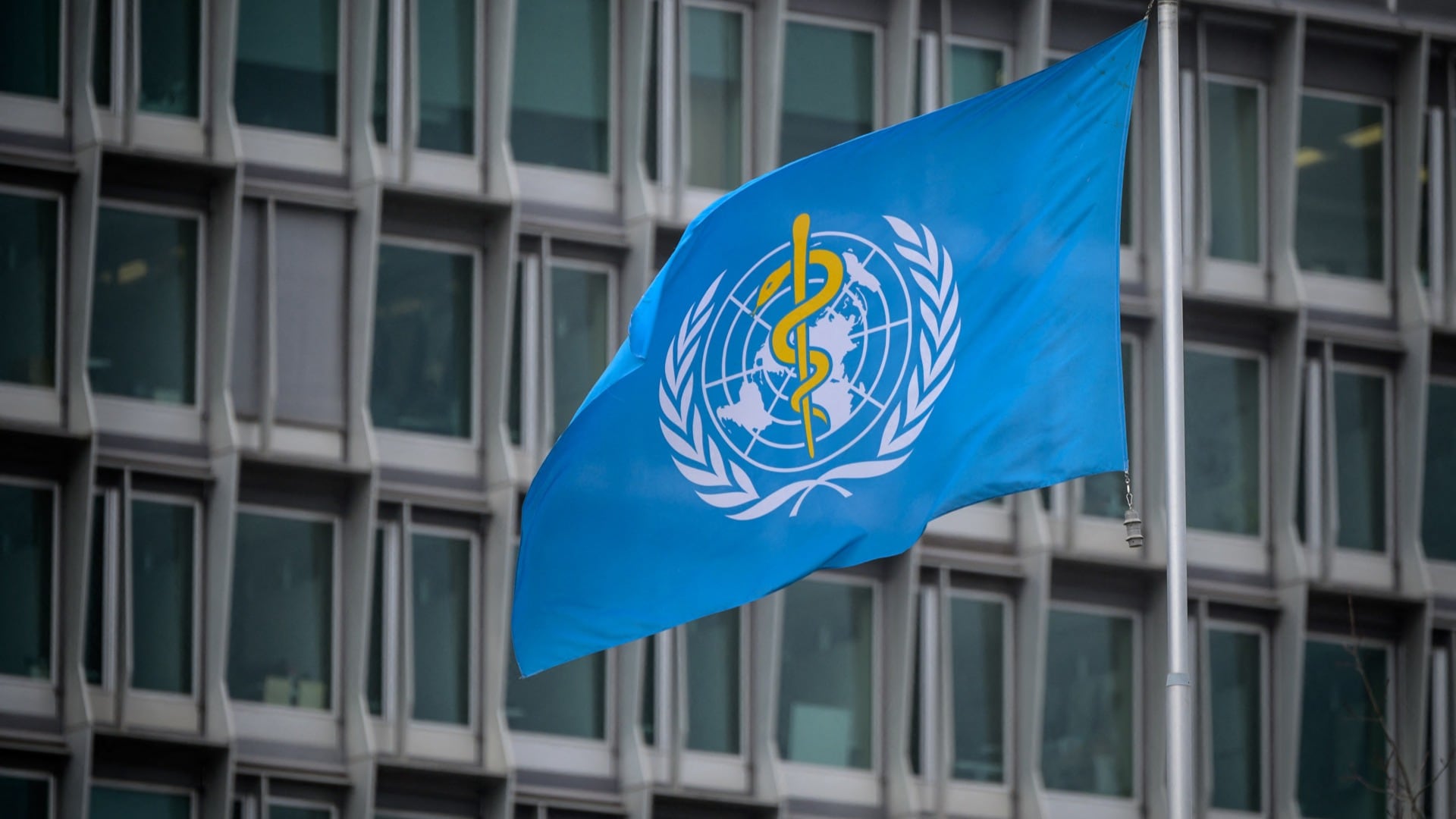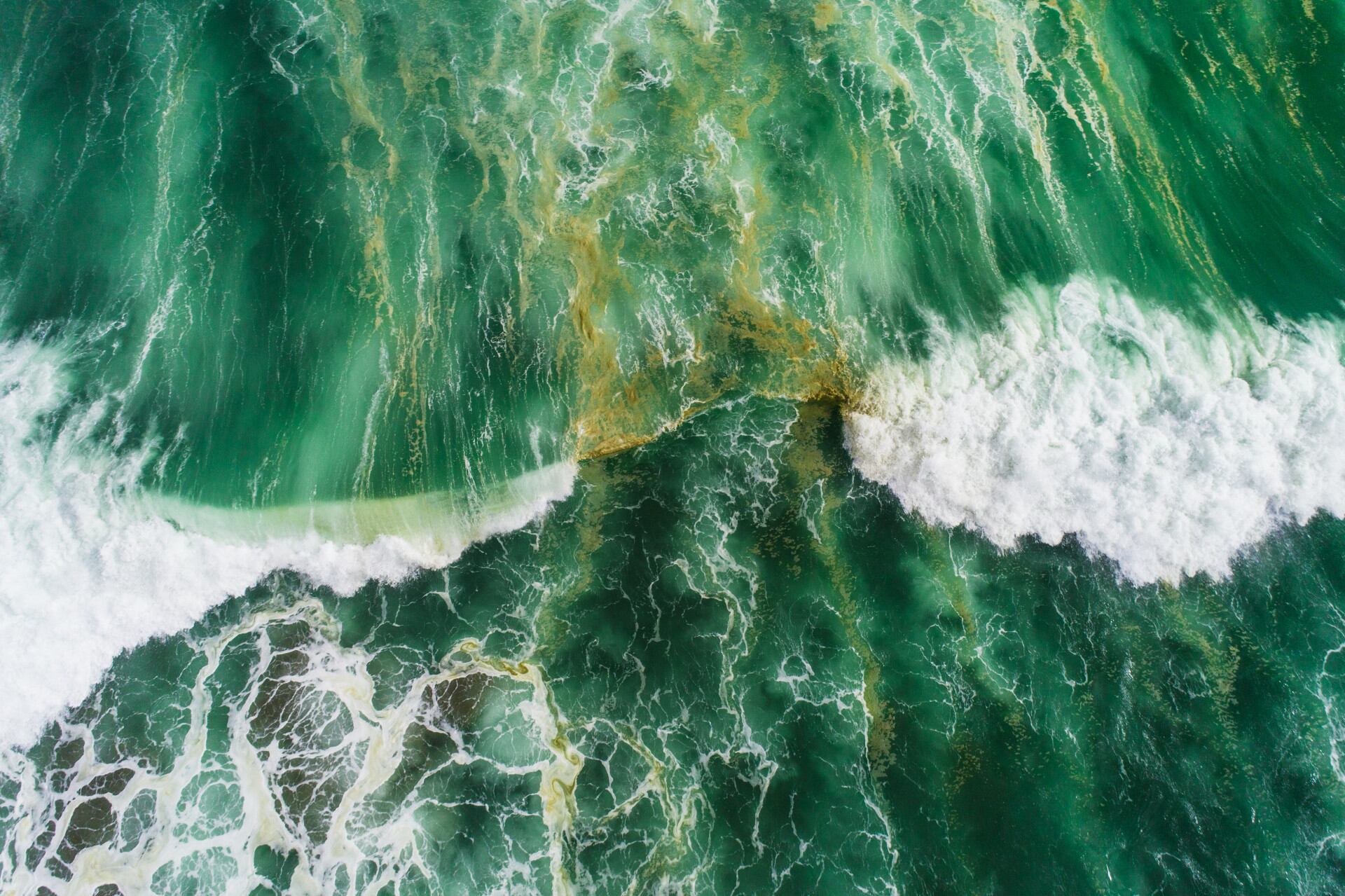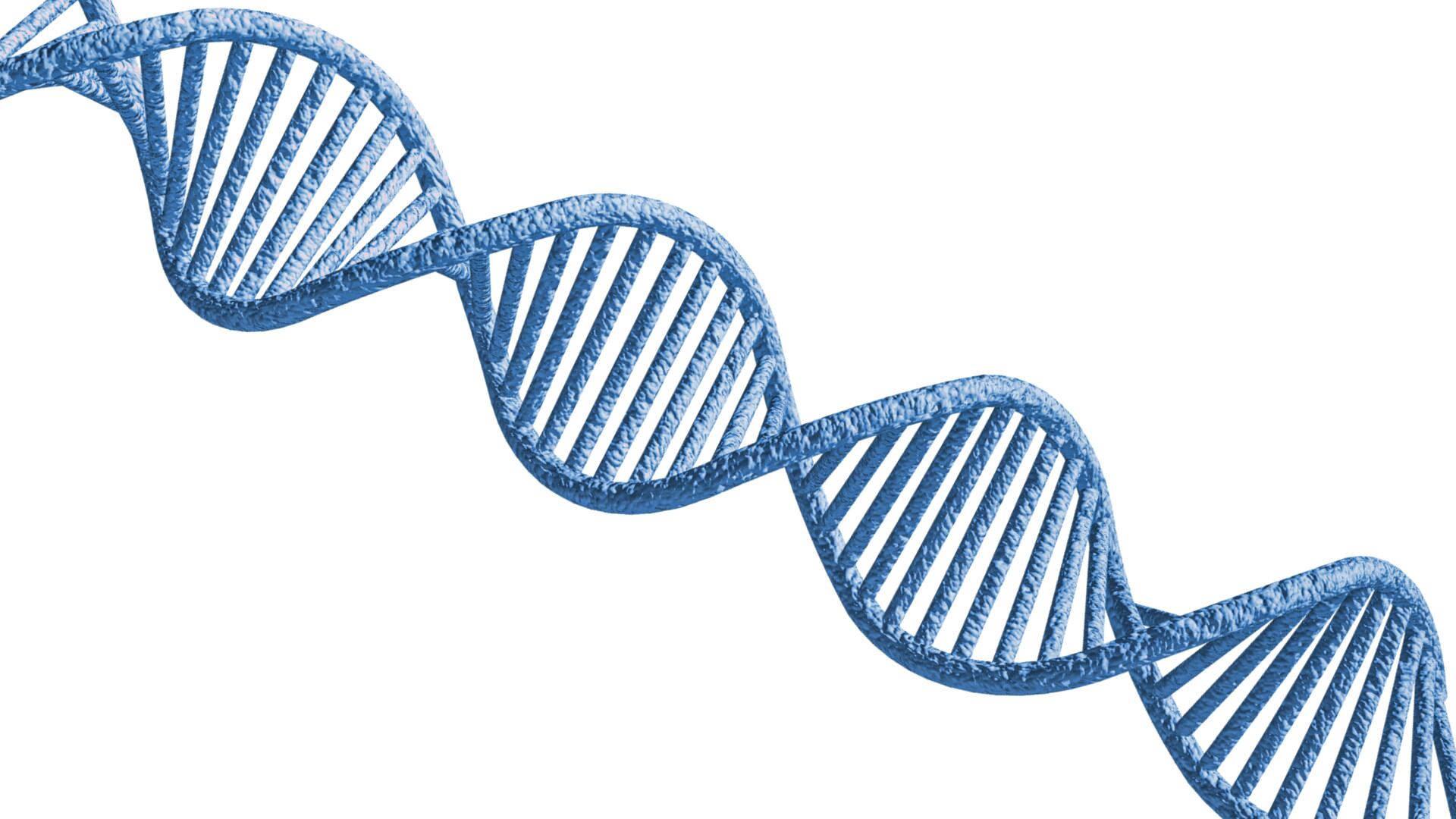HIV and AIDS have long had a disproportionate impact on the Black community. In recognition of that stark reality, the U.S. government marked February 7 as National Black HIV/AIDS Awareness Day.
Cheddar News anchor Shannon LaNier spoke with Jessica Shepherd, the chief medical officer at Verywell, a health information website, about the disease's continued impact on Black people, who she said are eight times more likely to be diagnosed than white people.
The challenge in addressing this inequality is stigma, which has historically discouraged people from seeking care.
Shepherd explained that better health care options have helped lift some of that stigma, but it remains an issue for certain disadvantaged groups.
Overcoming the disease's connection with sexual intercourse is another way to help people become more open about the disease and seek the proper care, she added.
"When you think of something that's sexually transmitted, even though you do have [intravenous drug] transmission, you think of something that is bad," she said. "So the person gets a bad label no matter how they acquire the disease."
Better health care in general has helped combat this perception, as HIV/AIDS is no longer a death sentence but rather something people can live with. "You see people well into their sixth or seventh decade having HIV and living very healthy lives," she said.
A 7.2 magnitude earthquake was reported in Alaska over the weekend, leading to a brief tsunami warning.
Over 11 million Americans are under a heat advisory, with the extreme weather hitting the southern U.S.
Temperatures in central and southern California could hit 120 degrees Fahrenheit this weekend.
The World Health Organization moved to classify aspartame, the artificial sweetener in diet soda, as a possible carcinogen.
The World Health Organization's cancer agency has deemed the sweetener aspartame — found in diet soda and countless other foods — as a “possible” cause of cancer, while a separate expert group looking at the same evidence said it still considers the sugar substitute safe in limited quantities.
More than a third of Americans were under extreme heat advisories, watches and warnings Thursday as a blistering heat wave that's been baking the nation spread further into California, forcing residents to seek out air conditioning or find other ways to stay cool in triple-digit temperatures.
Tourists in central Athens huddled under mist machines, and zoo animals in Madrid were fed fruit popsicles and chunks of frozen food, as southern Europeans braced for a heat wave Thursday, with a warning of severe conditions coming from the European Union’s space agency.
A new study published in Nature has found that more than 56 percent of the world's oceans have changed color in the past 20 years, and climate change is to blame.
Recently discovered teeth of a two-million-year-old human relative in Africa could give researchers new insight into genetics.












